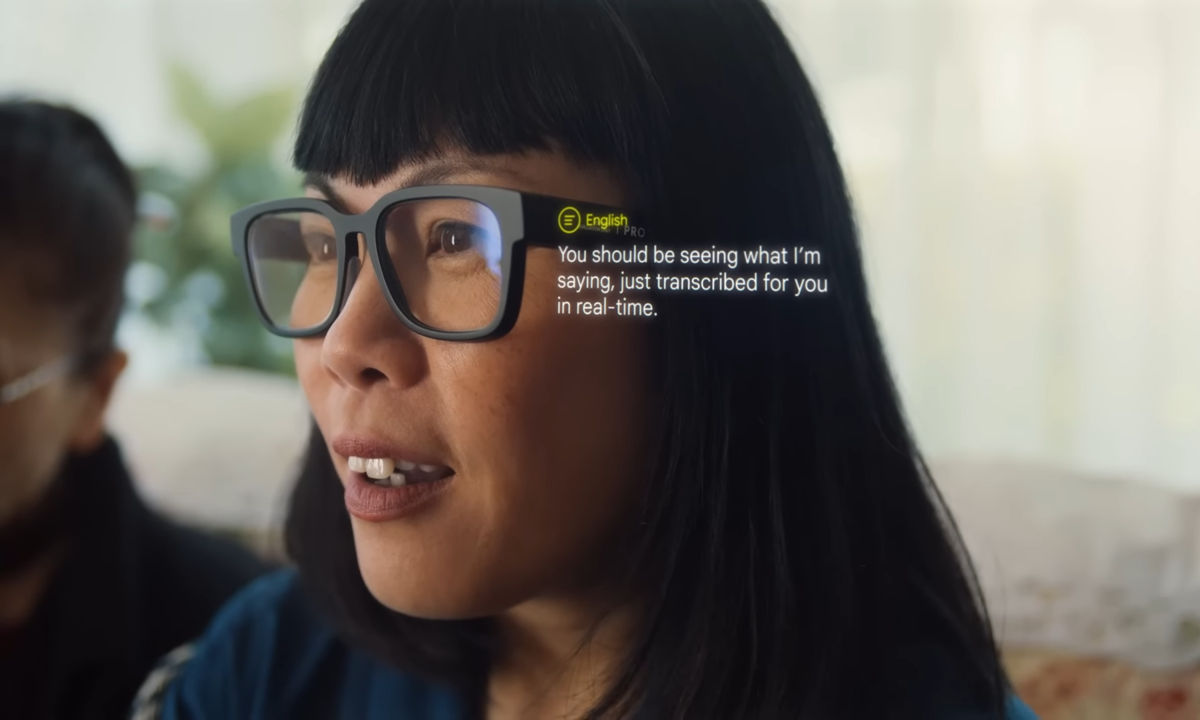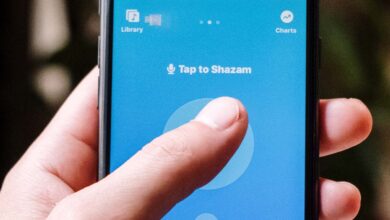
The Mountain View giant has confirmed that it will begin testing its new augmented reality kit sometime in August. Google will carry out the tests using prototypes in public spaces, but it is clear that do not intend to repeat the mistakes of the pastand that it will take a much calmer and more conservative approach.
I am convinced that many of our readers will remember what happened with Google Glass, and that is precisely what the Mountain View company wants to avoid with its new augmented reality kit, repeating the situation experienced with those smart glasses already a few years. With this in mind, we are not surprised that this new kit will have important improvements at the hardware level, including higher quality screens, microphones and cameras, but it will not allow the user to record video or take photos.
Thanks to the integration of these cameras, and the augmented reality system that this Google kit will integrate, we will be able to use it to receive very useful information on the street, including from translations from menus, posters and signs to directions to reach certain places, among other things, and without controversy arising from a privacy issue, since as we have said it will not be possible to record video or take photos.
Only a few Google employees will be able to test the kit
As clear as Google has been, the initial tests will be reduced to a few dozen employees who will be able to use the kits in public. The company has also indicated that at the time the kits are collecting images an indicator LED will light upand ensures that the user will be able to delete those captured images if he thinks he has appeared in them.
This is what Google has said, verbatim, on this subject:
“Once the experience is complete, image data is deleted, except if the image data will be used for analysis and debugging. In that case, the image data is first wiped for sensitive content, including faces and license plates.”
Google intends to take this process slowly to get it right, and thinks put a greater emphasis on privacy to protect both those who carry out the tests and the people who may end up participating in them indirectly and involuntarily (pedestrians, for example). As expected, this round of testing will be limited to the United States.




